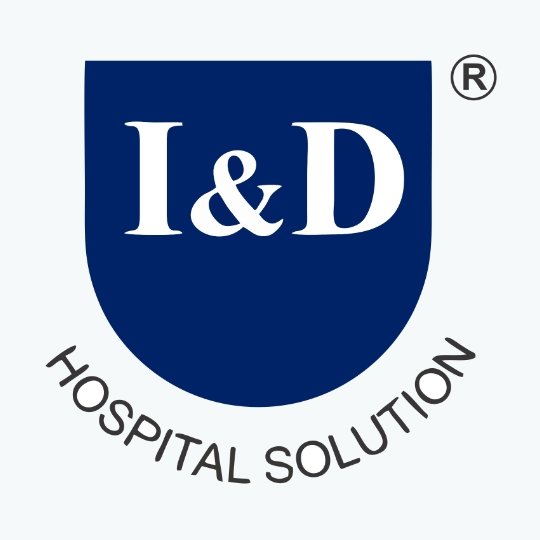- 25/10/2021
- Posted by: admin
- Category: Blogs

The organizing, billing, filing, amending, and processing of health claims relating to patient diagnostics, therapies, and medicines is what medical claims management entails. Some hospitals consultants and medical institutions outsource these activities to health claims management businesses since keeping patient records, communicating with healthcare insurance agencies, and issuing payments for hospital facilities are evening procedures. Patients would not understand what they owe and health organizations would not get the cash owed for healthcare outcomes if claims management in healthcare was not successful.
Keeping Track of Healthcare Claims
Employees in health claims management are in charge of keeping and maintaining patient medical records, changing medical categories, and reporting examinations and examination findings. They’re also in charge of gathering, reporting, and keeping patient data. The majority of records are kept using software tools that allow health claims employees to enter and store patients and invoice data fast and efficiently.
Health claims management is required to maintain a record of all medical appointments, procedures, and expenses since some patients migrate, visit numerous medical institutions, have sophisticated medical insurance plans, and demand care.
Medical Services Billing
Payments for medical procedures are classified and handled by doctors and support staff when patients seek treatment. They’re then forwarded to insurance companies to see if they’re covered. Healthcare claims management services evaluate computerized and pretty tough data to identify what patients owe and what expenses private insurers reimburse.
These services, according to Bridgeport Healthcare Claims Management, assist with the order processing and the sending of bills to patients including insurance companies to guarantee that they pay for their specific experience of the expenditures. Some medical expenditures are covered by Medicare, Obamacare, and government programs.
Patient Privacy is Protected
Health claims management departments, both corporate and outsourcing, have access to confidential patient files. As a result, employees must protect patients’ privacy and only reveal information with insurance providers, family and friends, and employers that are necessary for invoicing and documentation.
When patients decline or are otherwise unable to pay for treatment treatments, claims management services may be required to report past-due amounts to credit card companies, but they must adhere to strict standards to protect clients’ privacy. Personal connections should not be given access to patient files or documentation by health claims specialists.
Getting in Touch With Other Organizations
Even though health claims management services do not make medical judgments, they frequently consult with doctors and medical personnel to ensure that medical information is correct. Medical claims personnel, according to Med Billing Professionals, frequently function as coordinators between physicians, patients, and health insurers, guaranteeing that all stakeholders have correct, speedy information regarding patient demands and financial commitments.
Employees in the health claims management industry spend a few of their time phoning physicians’ clinics to confirm patient procedures and contacting customers to confirm health insurance. Health claims professionals must have hehe high emotional intelligence to successfully discuss and handle claim concerns.
Job Requirements for Claims Management in Healthcare
Many claims management healthcare employees are grouped with patient history and healthcare information experts, according to the Department of Labor. Employees in health claims management frequently have prior clinical training as well as some college education. Their job necessitates a thorough understanding of medical billing procedures, codes, and terminology. To demonstrate their competence, some people opt to obtain a medical coding certification.



